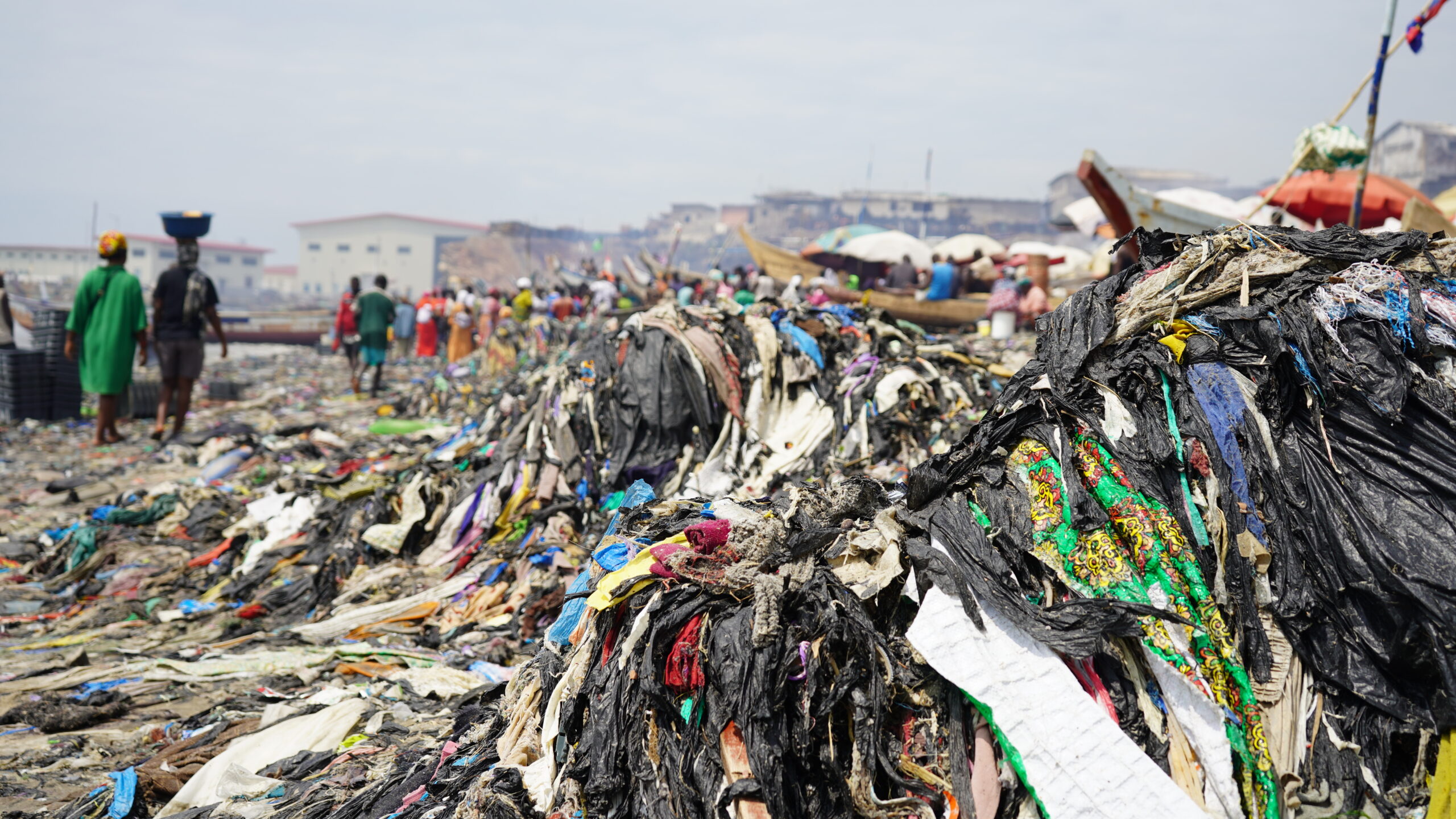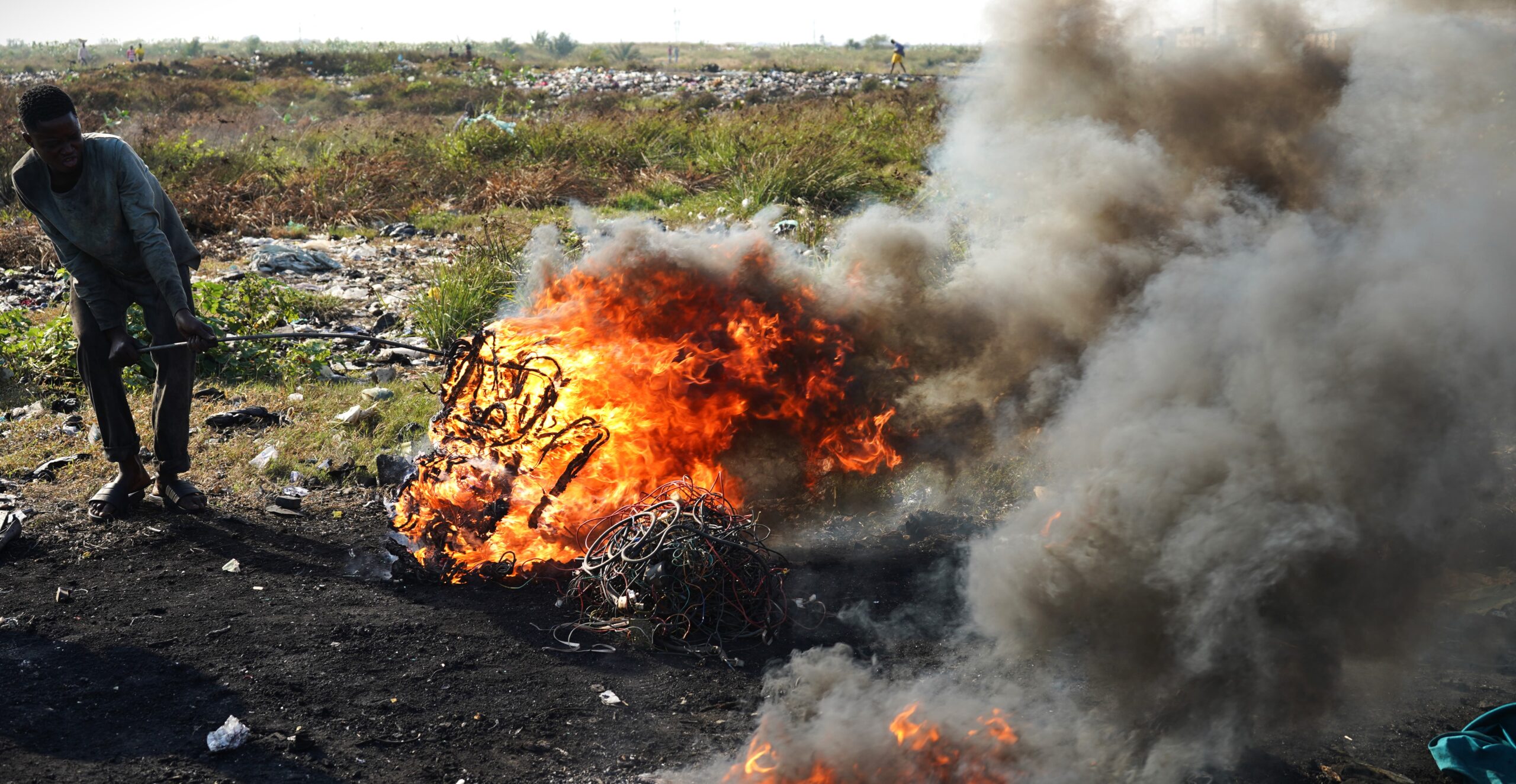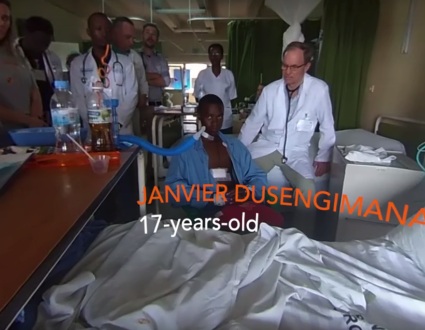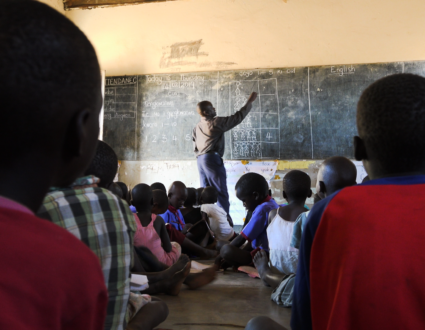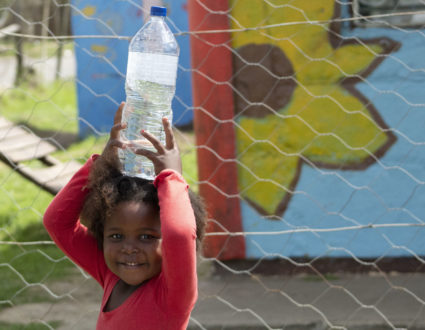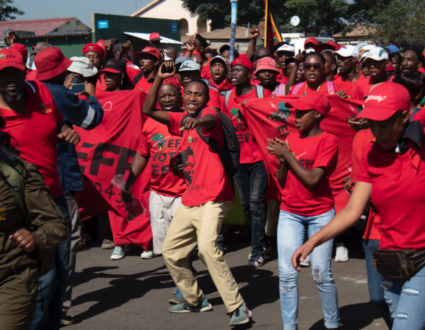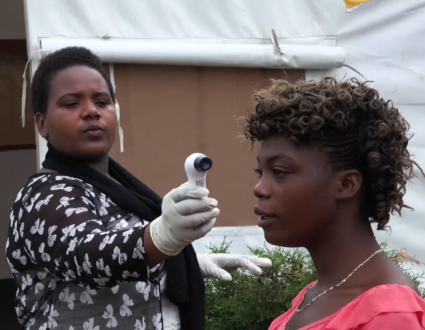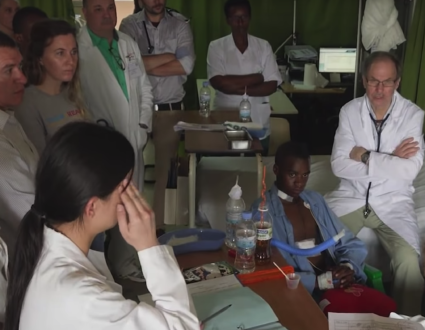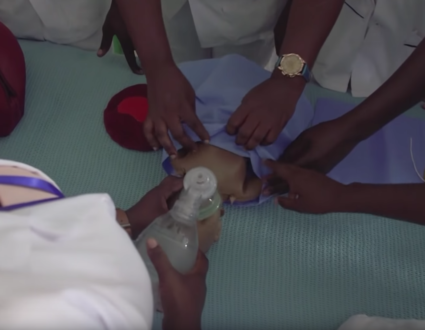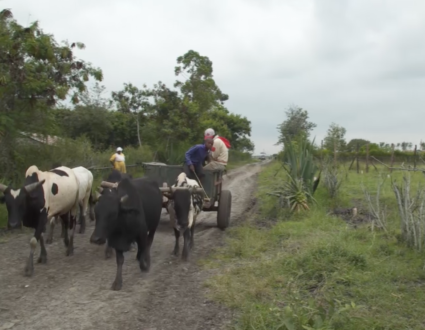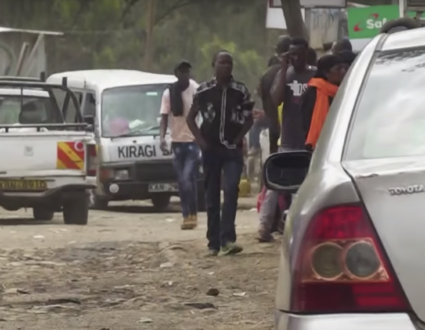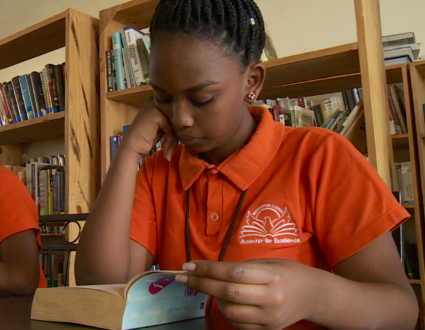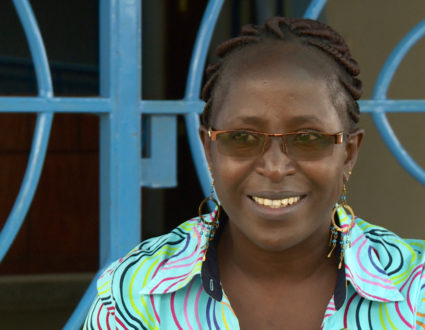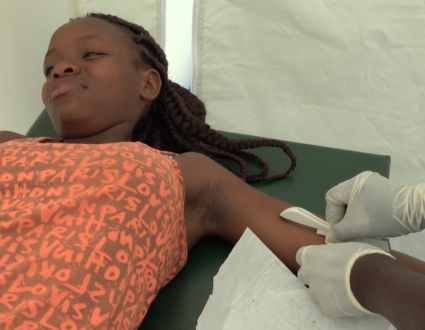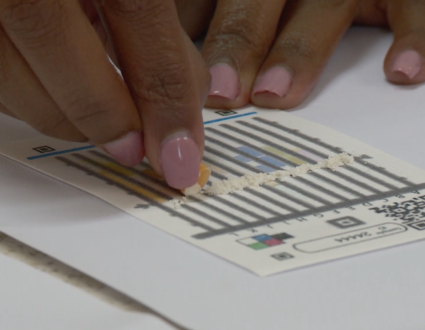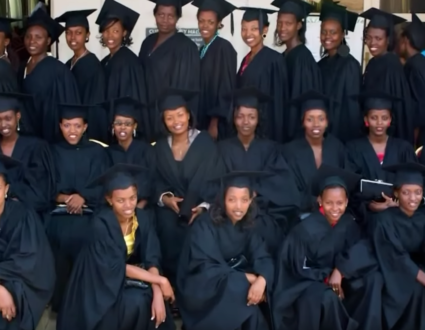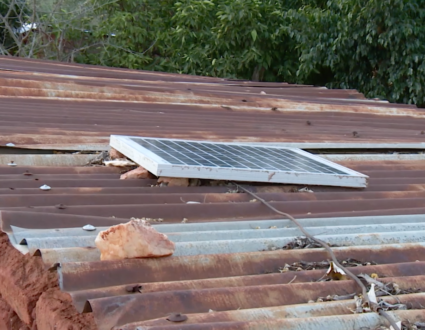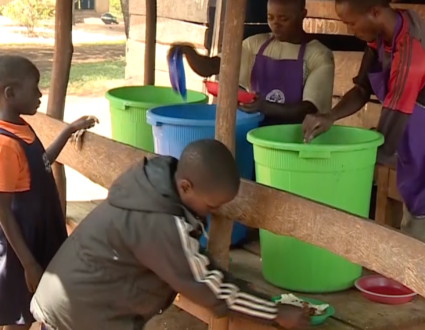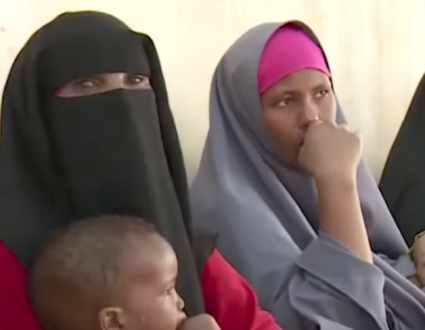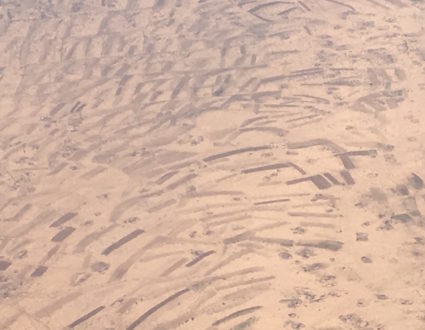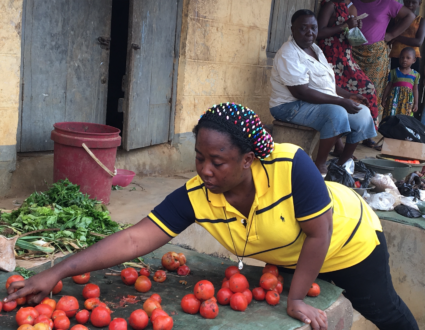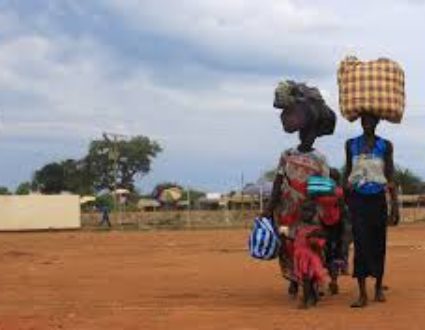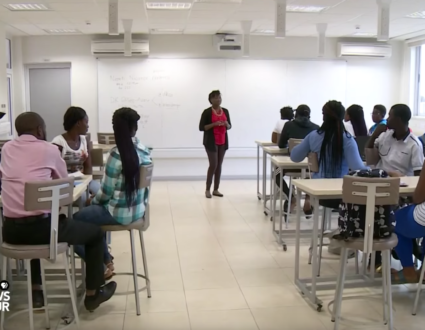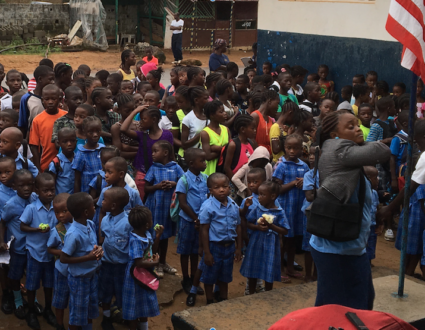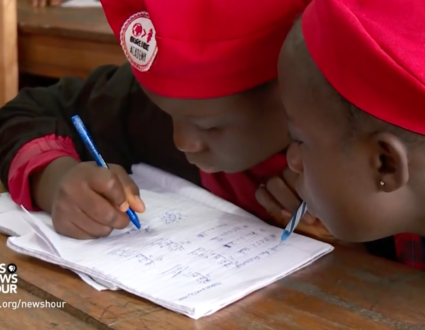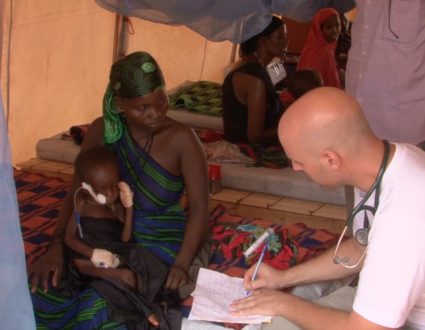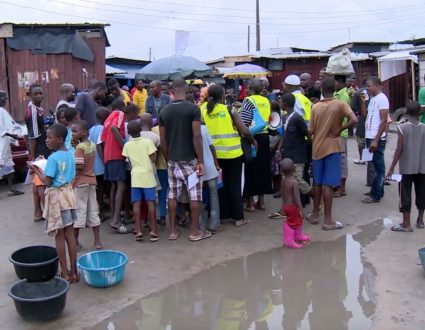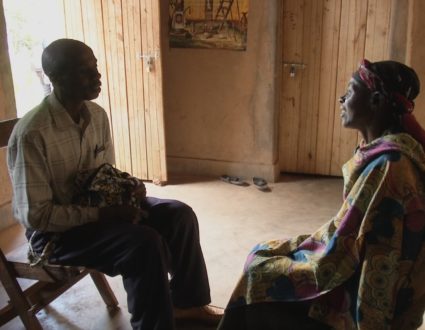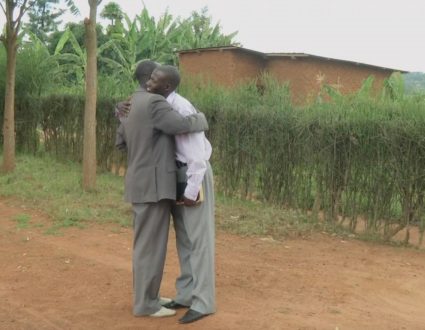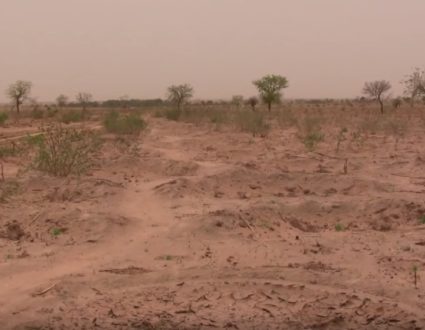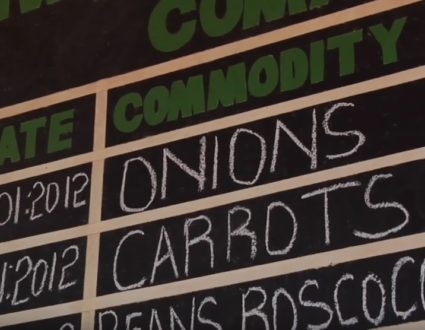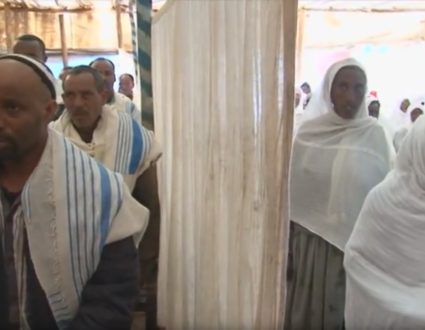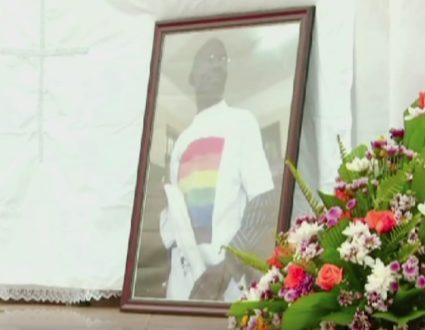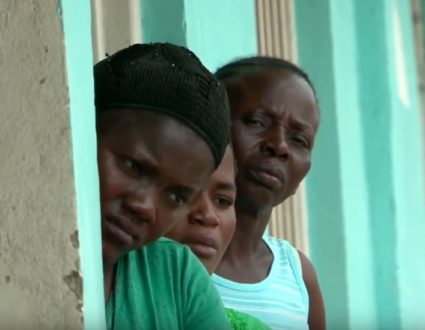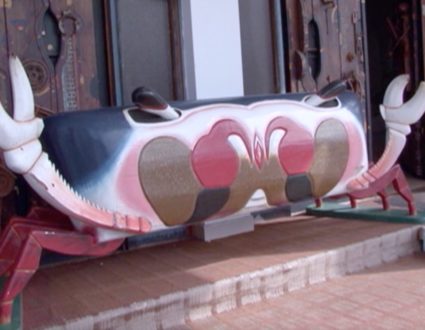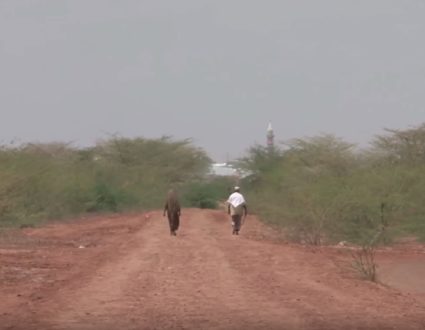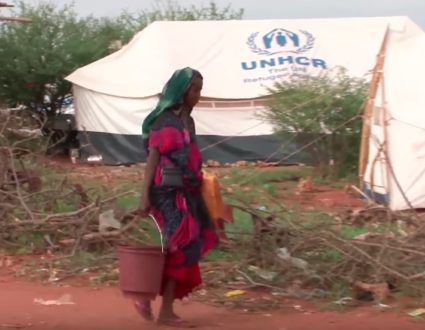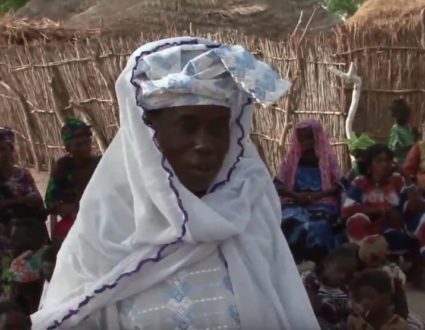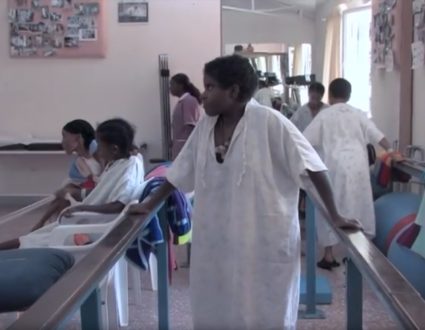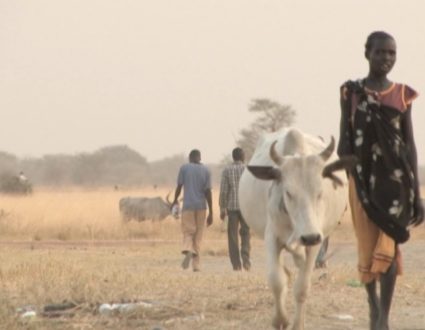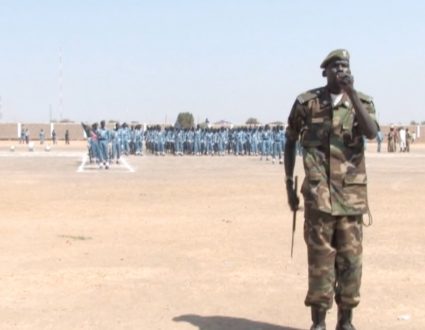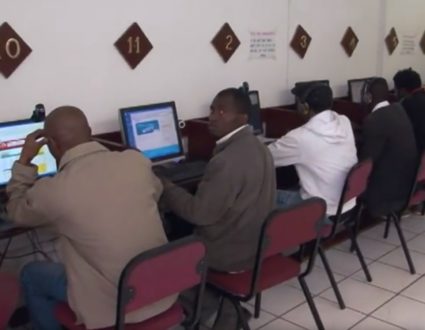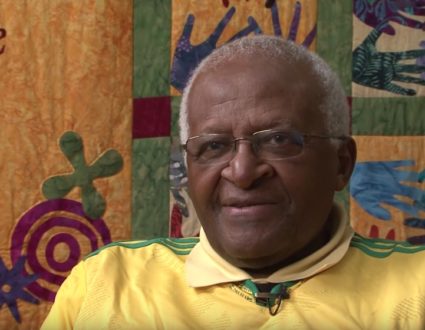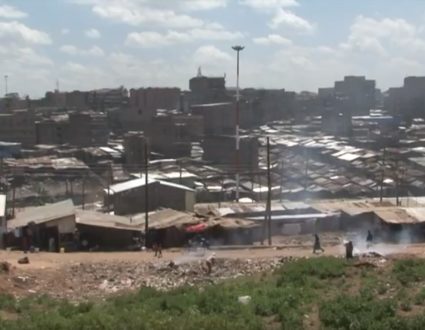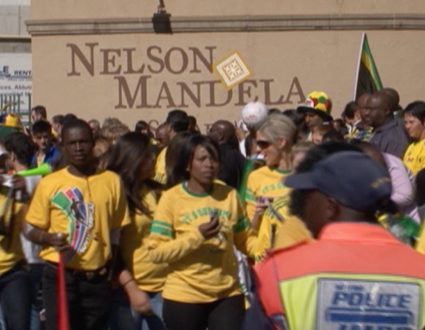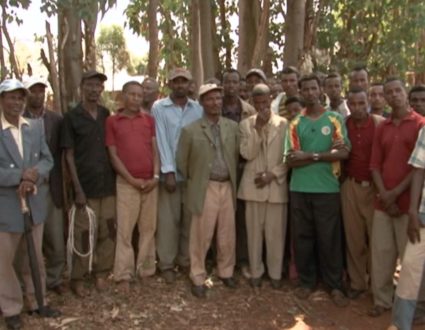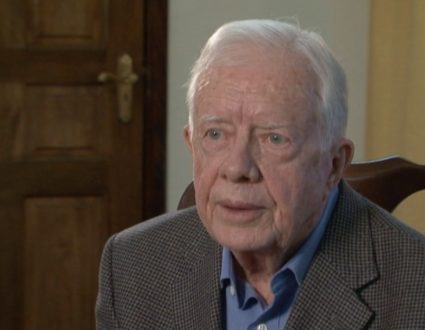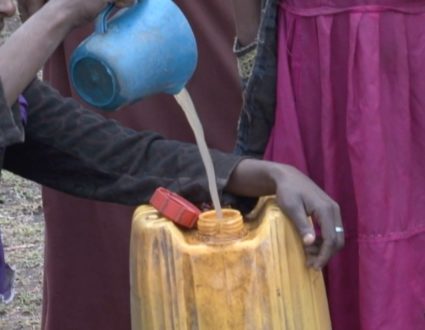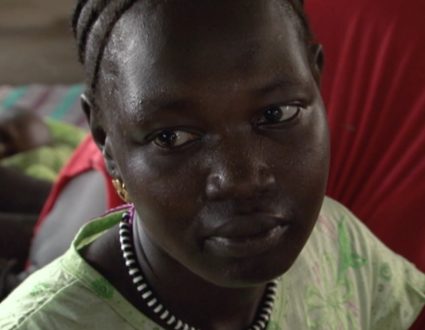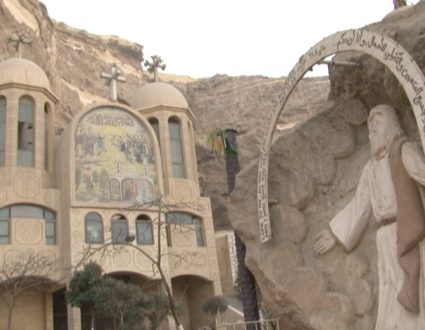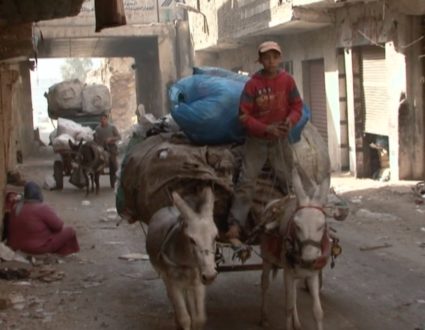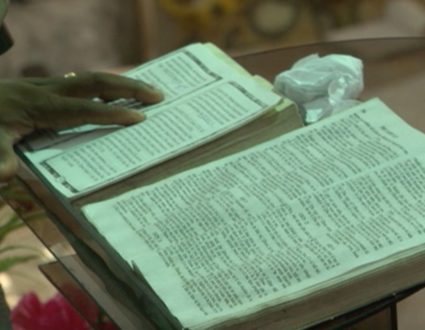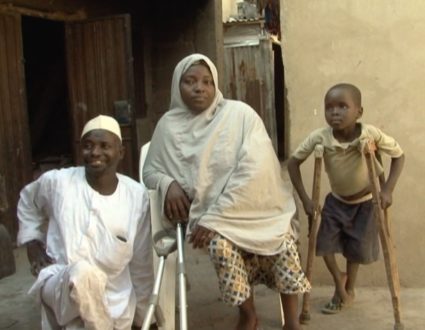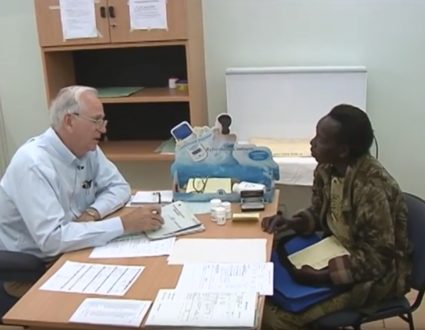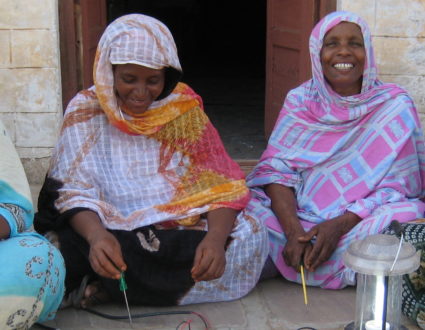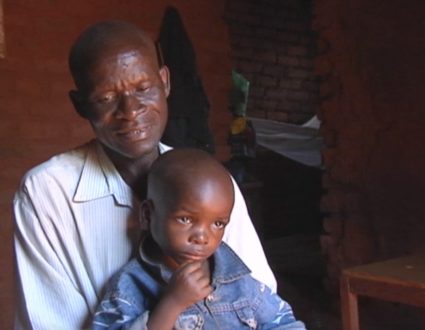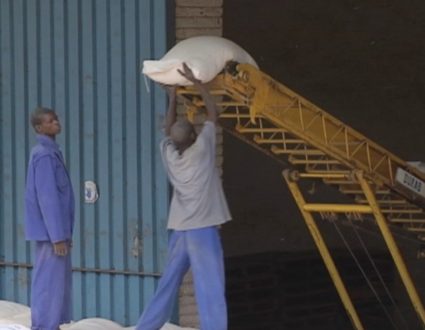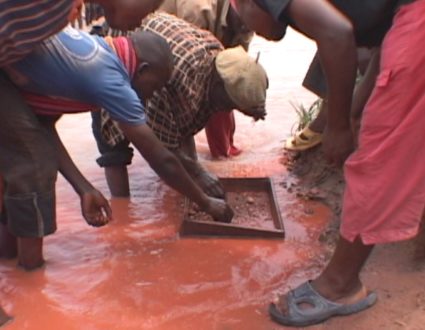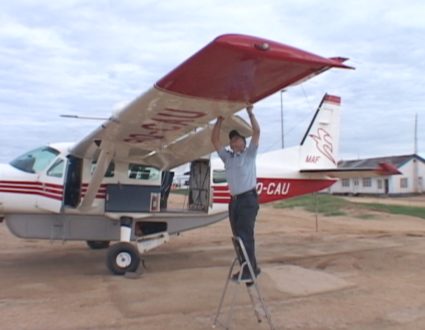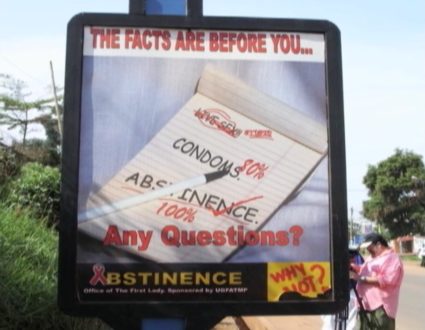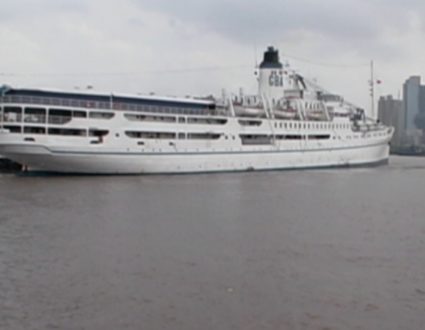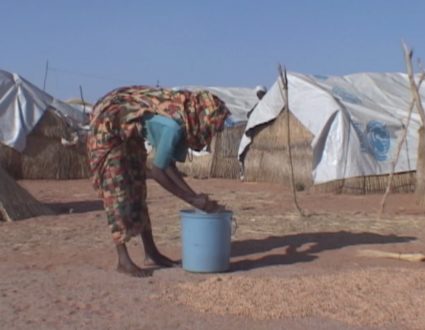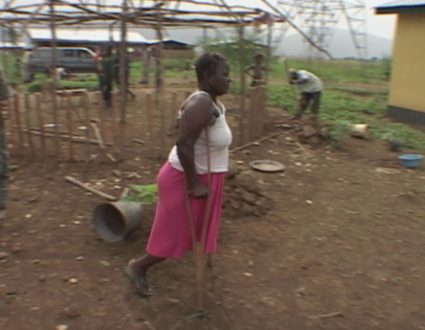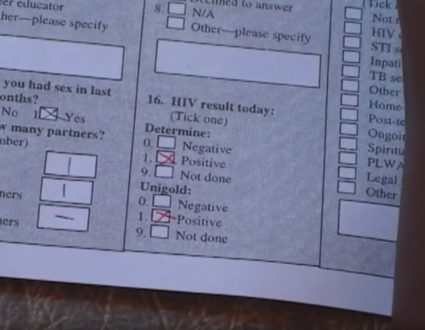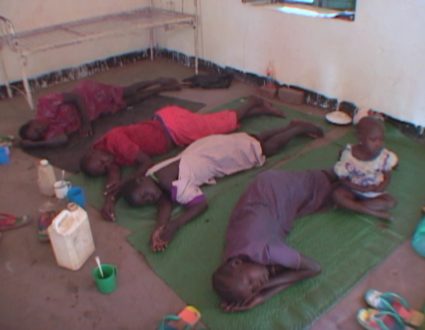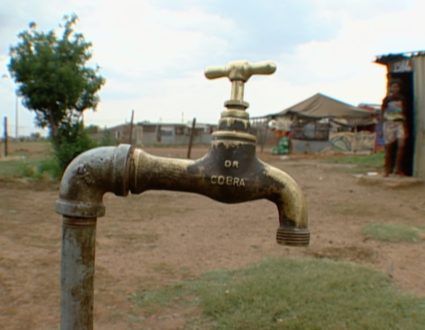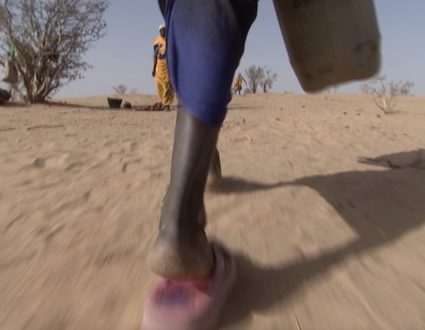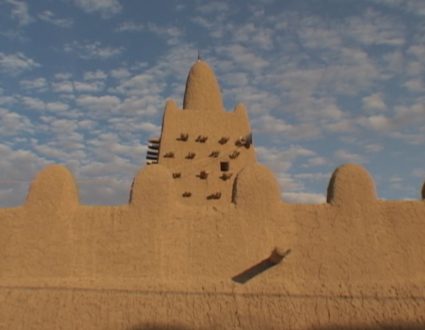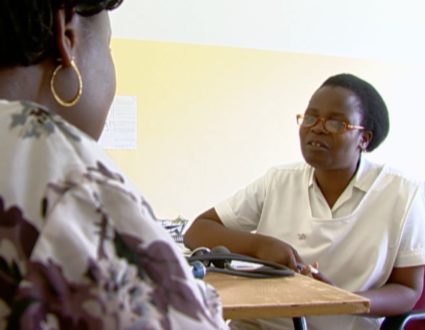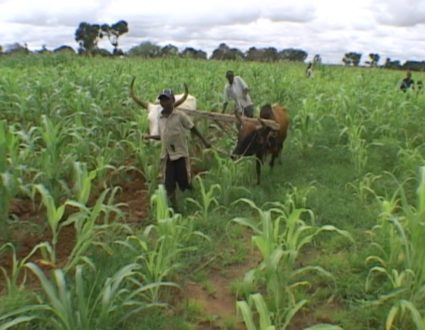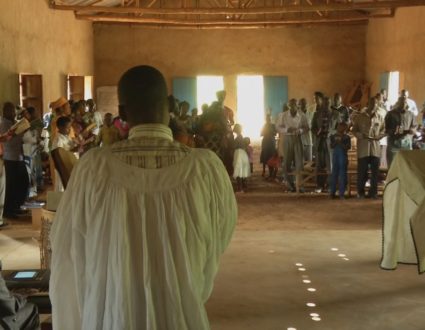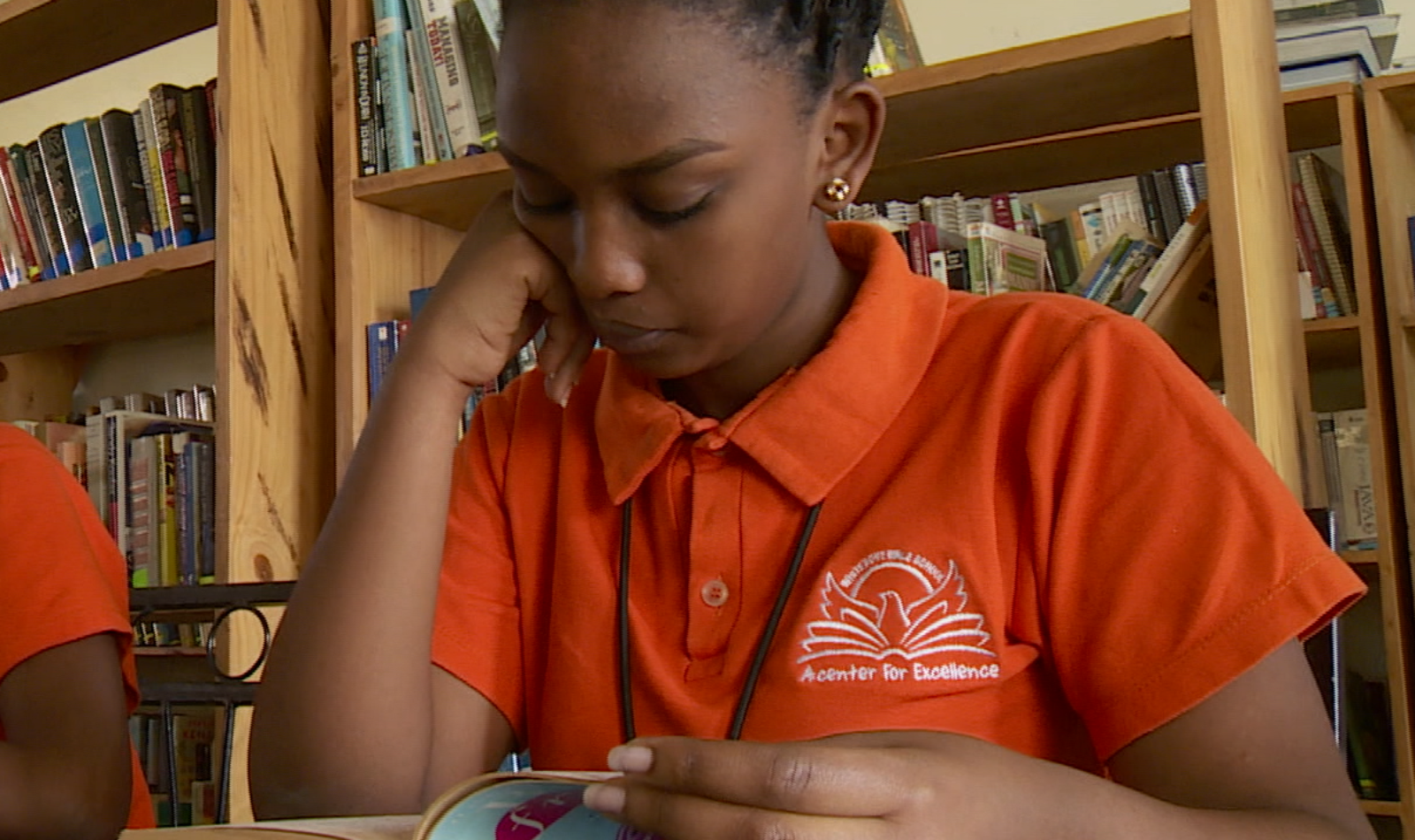
Books for Africa
Judy Woodruff:
Next tonight, feeding a hunger and stoking the appetite for reading in African schools and libraries.
Fred de Sam Lazaro has this report. It’s the latest in his series Agents for Change.
Selena Hamer:
So, pretty much what we do is, we get donated books from schools, libraries, people in their homes who like to hoard books, like myself.
Fred de Sam Lazaro:
It’s a typical Saturday morning, and Selena Hamer is training in a new shift of volunteers on how to choose which materials are suitable to send overseas.
About six million books are delivered to this football field-sized warehouse in Atlanta every year. Dozens of volunteers come in to sort through the piles. And, eventually, some three to four million make it out of here, destined for libraries and schools across Africa.
The organization is, aptly, called Books For Africa, and over the past 30 years, it has sent more than 41 million books, donated by schools, libraries and textbook companies, to 53 different countries. It all began when a Minnesota bookseller named Tom Warth, on vacation in Africa, happened to visit a library, says the group’s executive director, Pat Plonski.
Pat Plonski:
Library that had no books in it, had a building. It card catalogs, had a librarian, and had virtually no books. So, he came back home to Minnesota, met with some of his book partners, they got together, sent a few books, and, again, that was 41 million books ago.
Fred de Sam Lazaro:
Today, African schools and libraries send Books For Africa a wish list. They agree to pay for the shipping on oceangoing ships in bulk containers to minimize costs.
We visited the White Dove School in Rwanda, a private school for economically disadvantaged girls which received a crate of books for its library three years ago. Students here said the variety of books have made them enthusiastic readers.
Aurore Izere:
I wasn’t truly interested in reading, but when I came here to White Dove, I got to know to love books and read them.
Jessica Komugisha:
Reading has developed my vocabulary, because, before I started reading, I wasn’t really good at speaking English.
Fred de Sam Lazaro:
Of course, not all books that are donated are culturally appropriate to send to Africa.
Selena Hamer:
No self-help, no travel guides, no American history, no Santa, Easter Bunny or Halloween.
Fred de Sam Lazaro:
Warehouse manager Jeremy Bostwick says the organization has learned to become more selective over the years.
Jeremy Bostwick:
They may ask us to remove anything that has anything to do with magic. Also, we have been asked on a couple of occasions not to include any computer books that say for dummies, because there’s something lost in translation there.
Fred de Sam Lazaro:
So what is popular?
Jeremy Bostwick:
We have probably proliferated Danielle Steel to almost every corner of the African continent.
Fred de Sam Lazaro:
The fact that the books are so American appealed to some of the young Rwandans we interviewed.
Peace Igiraneza:
The more you get to read the books of America, you get to discover what really America is. You get to know the culture, the history of America.
Fred de Sam Lazaro:
Others wish there were more books about Africa, rather than the predominantly American narratives they read.
Loane Mwiza:
A girl in an American high school going to a university in America, while those African books, it talks about situations that happen in Africa, which you relate to more.
Fred de Sam Lazaro:
You would like to see more of that?
Loane Mwiza:
Yes.
Pat Plonski:
We are seeking to provide more books in local languages and more I.T. books.
And, again, I think local language books are best provided locally, but we at Books For Africa exist because the ideal doesn’t exist.
Fred de Sam Lazaro:
In the meantime, Books For Africa has begun experimenting with sending donated e-readers and digital books to Africa. Eventually, that technology could exponentially increase the number of publications sent overseas.
For the “PBS NewsHour,” I’m Fred de Sam Lazaro in Atlanta, Georgia.
Judy Woodruff:
Fred’s reporting is a partnership with the Under-Told Stories Project at University of St. Thomas in Minnesota.
Feeding Reading
Books For Africa has sent more than 41 million books over the last 30 years to 53 different countries, where students say the variety of titles have made them enthusiastic readers. Special correspondent Fred de Sam Lazaro reports.





